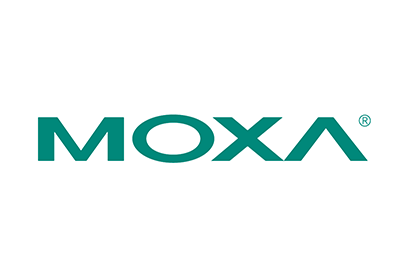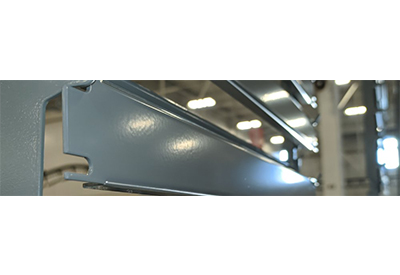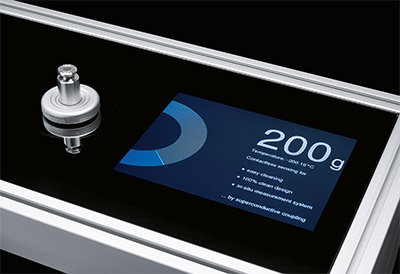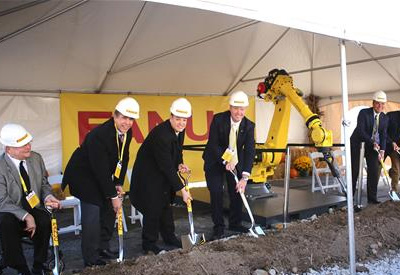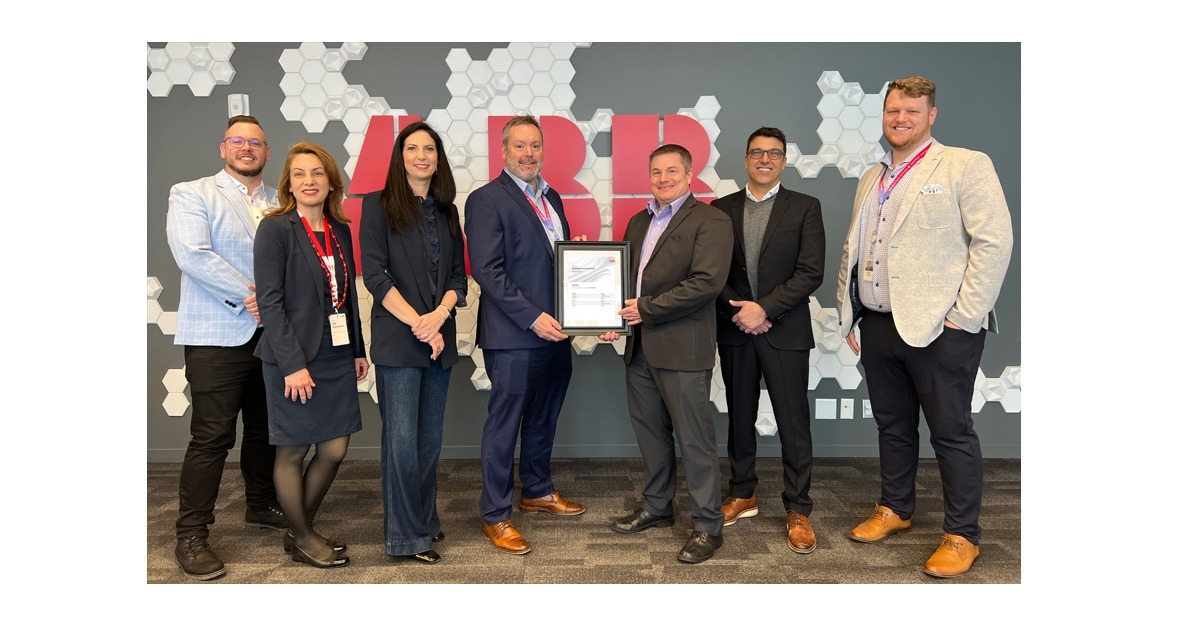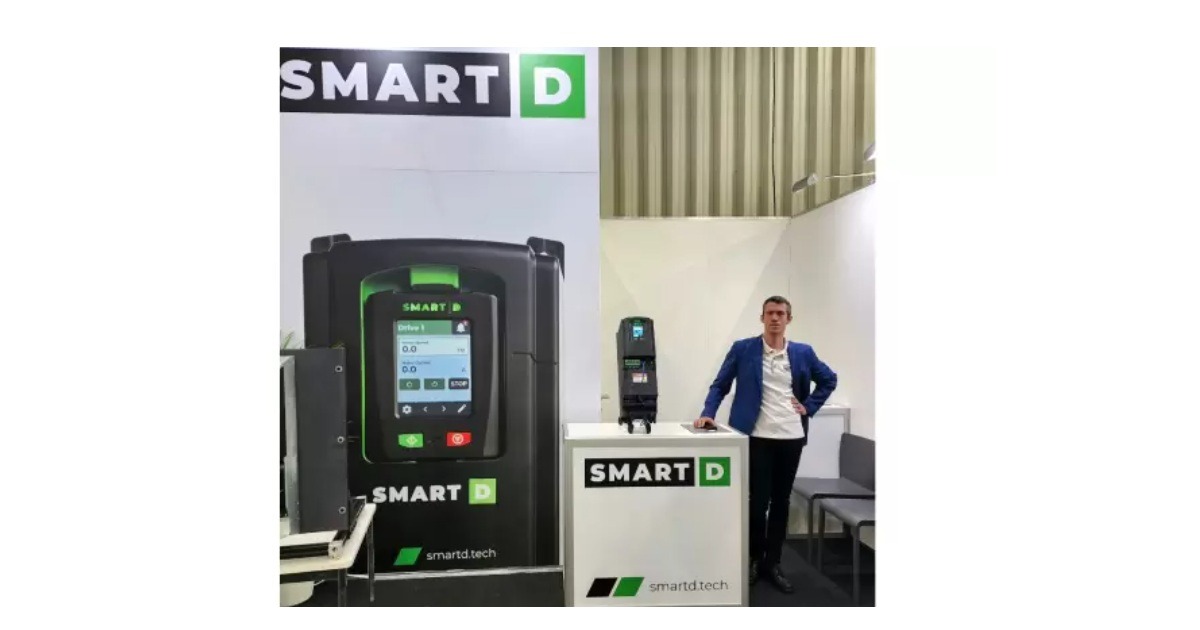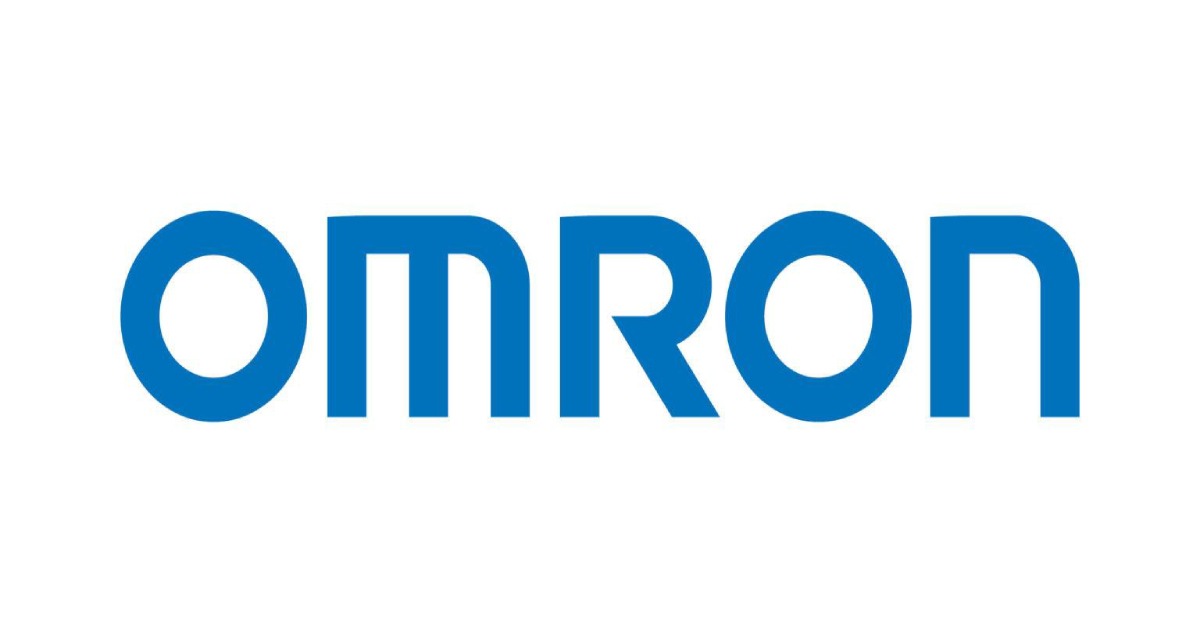Collaborative Robotics Open Doors for Manufacturing
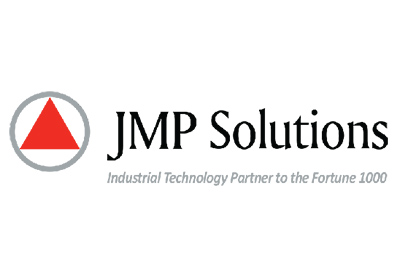
January 27, 2020
Collaborative robots, or “cobots,” are highly productive automated systems. They can unlock new applications that have previously not been done with robots and employees or more experienced factory personnel from tasks that are repetitive and tedious.
Collaborative robots are intended for use in industrial settings by “collaborating” with human workers. Ideally, they combine the dexterity, flexibility and problem-solving skills of a person, with the strength, endurance and precision of a machine. These robots can safely work on tasks whether or not a human is working nearby.
A key driver for many manufacturers looking at robotic solutions is economics. Because the unemployment rate has dropped significantly, particularly in the area of general labour, and the minimum wage has increased, it is difficult to meet the demand for people. Robots can fill the gap – particularly if you can have them work with an operator so that the person can also be more productive.
Typically, cobots have advanced sensors and computing abilities that allow them to navigate complex environments in manufacturing plants. In manufacturing, they can be used for quality control such as detecting a defective part or product and removing them from a line. They can also manipulate materials that may be unsafe for humans to handle, say, in a chemical processing plant where working with chemicals can cause harm to a person.
Many cobots have found a home in smaller manufacturing operations where they can tend to machines in the plant, handle small parts easily and complete tasks like order picking in a warehouse. They are easily programmed and handled because they are “teachable”, allowing users to set up the robot to accomplish tasks that require different paths within a plant or are heavy to lift. They also provide a quick return on investment because of this ease of use. In operations where manufacturing processes are subject to change, these solutions can be easily reprogrammed and repositioned to keep the plant moving and products in production.
Cobots provide safe collaboration as they can share the same workspace with people without the need for “safety fences.” They don’t have sharp corners or exposed mechanical parts, so workers are not in danger of getting hurt by contact with the machine. However, if they do come in contact with a worker, they automatically stop – eliminating any chance of causing harm to the worker.
Another advantage of cobots is reduced downtime. Manufacturers need to employ robotics in their plants to stay competitive. Robots can be programmed to run simultaneously with other, more complex activities that need a human worker to complete; accomplishing more with less. Collaborative robotics can be used in multiple manufacturing industries like Food & Beverage and Automotive, and in various applications like pick and place, packaging, assembly, and dispensing.
Of course, manufacturers, in concert with their robotics integrator, should asses all risks associated with the installation and use of a Collaborative Robot application. All potential hazards must be addressed before the robot is put into production operating alongside a worker. Once done, these automated solutions can be the answer for manufacturers who need to increase operational efficiency, throughput and quality, all while protecting employees, the company, and maximizing process safety.

